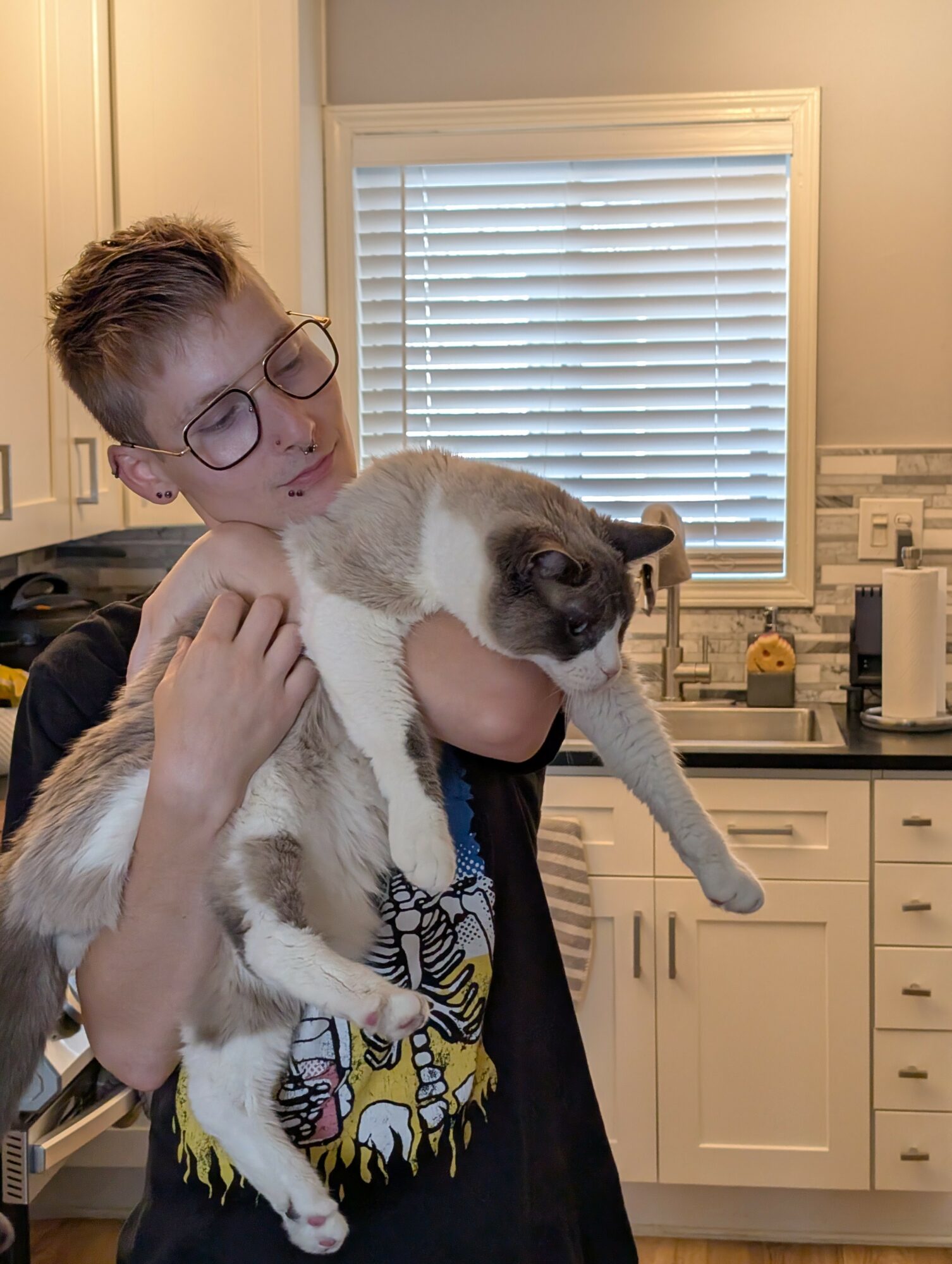

Aharon Weinstein shared their story and experiences with us recently and you can find our conversation below.
Aharon, really appreciate you sharing your stories and insights with us. The world would have so much more understanding and empathy if we all were a bit more open about our stories and how they have helped shaped our journey and worldview. Let’s jump in with a fun one: What makes you lose track of time—and find yourself again?
Finding quiet has never been my strong suit and these days it is harder than ever. My mind rarely shuts off and I often become overwhelmed just walking down the street. With that said I have been able to find little bits of peace every now and then. The thing that helps me lose track of time is probably making art. Whether I am actively taking photographs (or working in whatever medium I feel a given project calls for) or doing the pre-creative research needed for a given project I always end up working for hours with a clear mind. Making art for me has become a therapy, a way to reground myself, it’s something that helps me focus until the quiet comes.
Can you briefly introduce yourself and share what makes you or your brand unique?
My name is Aharon Weinstein and I use they/them/theirs pronouns. I am a non-binary artist who mostly works in the photographic medium. As an artist I work with a wide range of different themes, but one of the more notable ones is covering local political organizing and protest movements here in Atlanta. In addition to protest and organizing coverage I also do plenty of nature, street, and experimental photographic work. However, I am mostly known for my protest coverage which I do under the moniker “K.Y.E. (Kill Your Editor)” which is a reference to how staff editors at many journalistic institutions put profits over ethical journalism. I don’t think there is anything really unique about the work that I do, especially with covering protests, but I do think many people will find my work to be a breath of fresh air. The media environment we are in is so terrible that doing just basic, critical, and accountable journalistic work seems like something unique, groundbreaking, and earth shattering; which to me is more depressing than anything.
Okay, so here’s a deep one: Who were you before the world told you who you had to be?
My childhood wasn’t great and with that came lots of critique and concern from the adults around me, particularly within the school system. I didn’t really have an easy time engaging with most of the other kids around me because they didn’t have the same kind of life I had. They weren’t struggling financially, they didn’t have any abuse going on in their lives, and mental health wasn’t even cared about in the aestheticized way it is today. I had lots of breakdowns, I was ostracized and could barely hold a conversation without being scared of its outcome. I coped with this by writing and drawing. I would just write my own little stories and draw my own landscapes and objects. This wasn’t good for the teachers around me; they wanted to be normal and socialize without really accounting for the abnormality of my life. They told me I had to go out for recess, I had to play games with others, I had learned to adjust, and when I kept moving back to my writing and drawing they pushed me away from it. I don’t know if I ever had the start in life needed to “know who I was before the world told me I had to be”, but I guess this is as close as someone like me gets to that.
What did suffering teach you that success never could?
If I were to quantify my hatred for this question by measuring each nanoangstrom of the observable universe it would not come within any meaningful distance of how much I absolutely despise this question and the presuppositions that form its foundation. This kind of thinking is both deeply flawed and reactionary and I cannot for the life of me understand why people keep thinking this way. Struggle is a horrible teacher, pain is a horrible teacher, adversity is a horrible teacher. Having faced adversity, discrimination, or any other kind of suffering does not make you smarter, it does not make you more worldly, it does not make you more cultured, it does not make you anything other than someone who has suffered. To put it bluntly, suffering simply means you have suffered. My life has been miserable until very recently (and even then it has only improved in very specific areas). When I was in kindergarten my step dad at the time beat me so badly I needed an eye-patch over my right eye to keep me from going blind. I ended up in a psychiatric institution around the same time due to constant suicide attempts. I spent my time trying to commit suicide while most people spent theirs learning addition. This misery doesn’t make me a better person, it doesn’t make me more resilient, it doesn’t make me more likely to understand the world, to have better ideas, or to be more ethical; all this suffering means is that I have suffered. Any quality to my art, any good opinion I have, any deeper political and social understanding I possess, is the byproduct of me dedicating time and energy to learn more about myself, the world, and systems that govern both. I know this is anti-climatic, especially in a culture that loves nothing more than to stroke its disgusting and masturbatory relationship to poverty, abuse, and mental illness, but I think that says more about our society than my experiences.
I think our readers would appreciate hearing more about your values and what you think matters in life and career, etc. So our next question is along those lines. How do you differentiate between fads and real foundational shifts?
I often try to ignore the more cynical voices in the back of my head, but lately I find myself in agreement with them more often than not. That is to say, at the time of writing, I believe that the difference between fads and foundational shifts is that fads exist and foundational shifts don’t. Since the 1980s we have lived in a neoliberal economy that specializes in commodifying the uncommodified; whether it’s a definite object or a political movement. The social byproduct of these economic forces has been a complete shift from political engagement and the social energy to create foundational shifts to heightened social alienation and rampant conspicuous consumption. In other words, when people are fed up with their boss we would hope to see an interest in political ideologies and actions that could alleviate their contentions (e.g. starting a workers union). But within this neoliberal system those desired interests are wiped out. Want to be a socialist? Want to be someone of conscience? Why put all of the tiring and thankless effort into becoming a more educated, worldly, cultured, and grounded person? Why go out and start a labour union at your job? Instead, just buy the Che Guevara shirt, walk around with a copy of Steal This Book that you haven’t read. Couple that problem with modern social media platforms and the performative slacktivism introduced, and popularized, by the early 2010s 4th wave, buzzfeed-esque, feminist movement and we find ourself in a culture where everyone holds ideologically incoherent positions, shares “agitprop” (shitpost videos and quotes from books they haven’t read or critiqued), and expects everyone else to follow their recommendations. You have a culture of everyone expecting everyone else to go out and do things so nothing ever gets done; not to even speak to the fact that no one even has an idea of what should be done other than vague, thoughtless, platitudes like “do a revolution”. We exist in a society where every incentive from economic to social points people towards fads, towards a political and cultural malaise, that cannibalistically consumes itself and leaves little room for a real paradigm shift.
Okay, so before we go, let’s tackle one more area. When do you feel most at peace?
Finding peace is one of the most difficult elements of life for me. I want to provide the correct answer to this question. I want to say what I think most people would relate to, what fits the brand. I want to say that being creative brings me peace or that when I read books I find it, or the stereotypical “going to walks clears my mind” answer; but I cannot lie. I feel immense pressure and strain almost constantly. I struggle to keep my mind from racing at any given moment. Even when I am in a loud march or a quiet wood my mind feels like it is going a thousand miles an hour. Oftentimes my thoughts race so fast that it messes up my breathing, my heart rate spikes, and my tinnitus blows up. I’m always having to drag myself back into the moment and reset. I have to fix my breathing patterns, slow my heart, and calm the ringing in my ears. I am working hard to find when and where I can be at peace or at least closest to it. My creative work has played a major role in helping me move toward that goal. However, at the moment there isn’t anything that gets me close enough to peace that I could answer with.
Contact Info:
- Instagram: https://www.instagram.com/aharonsweinstein/
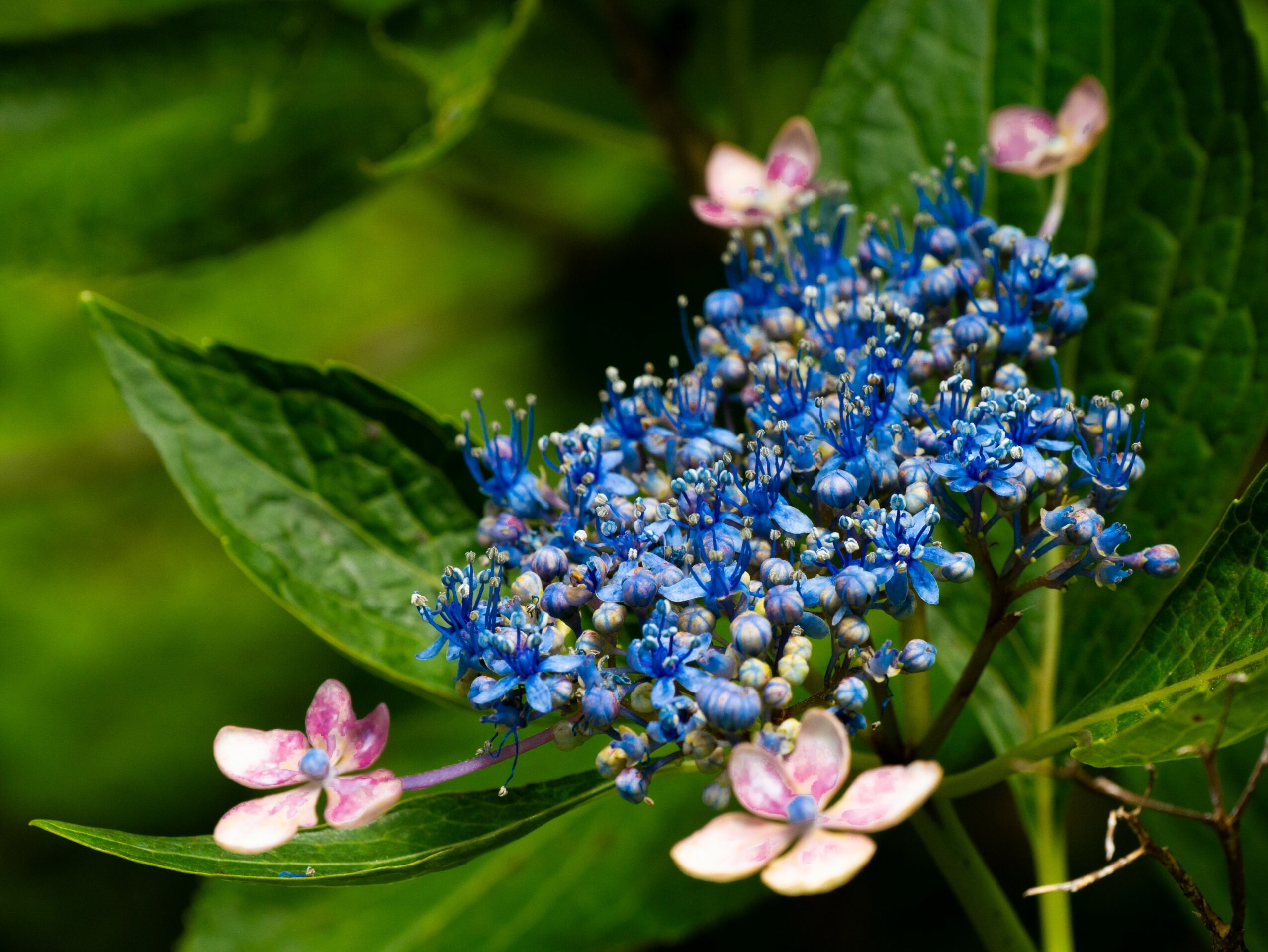
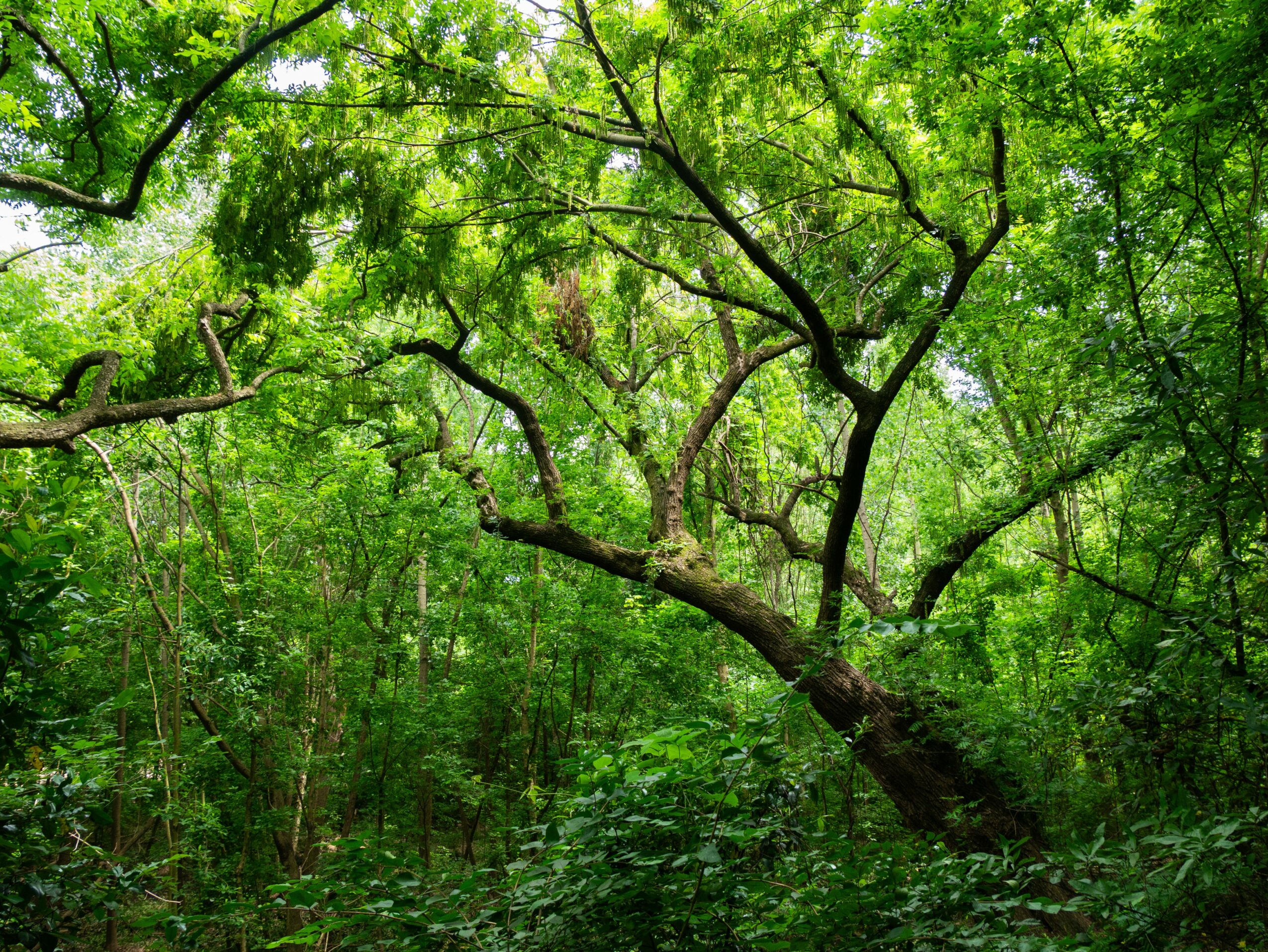
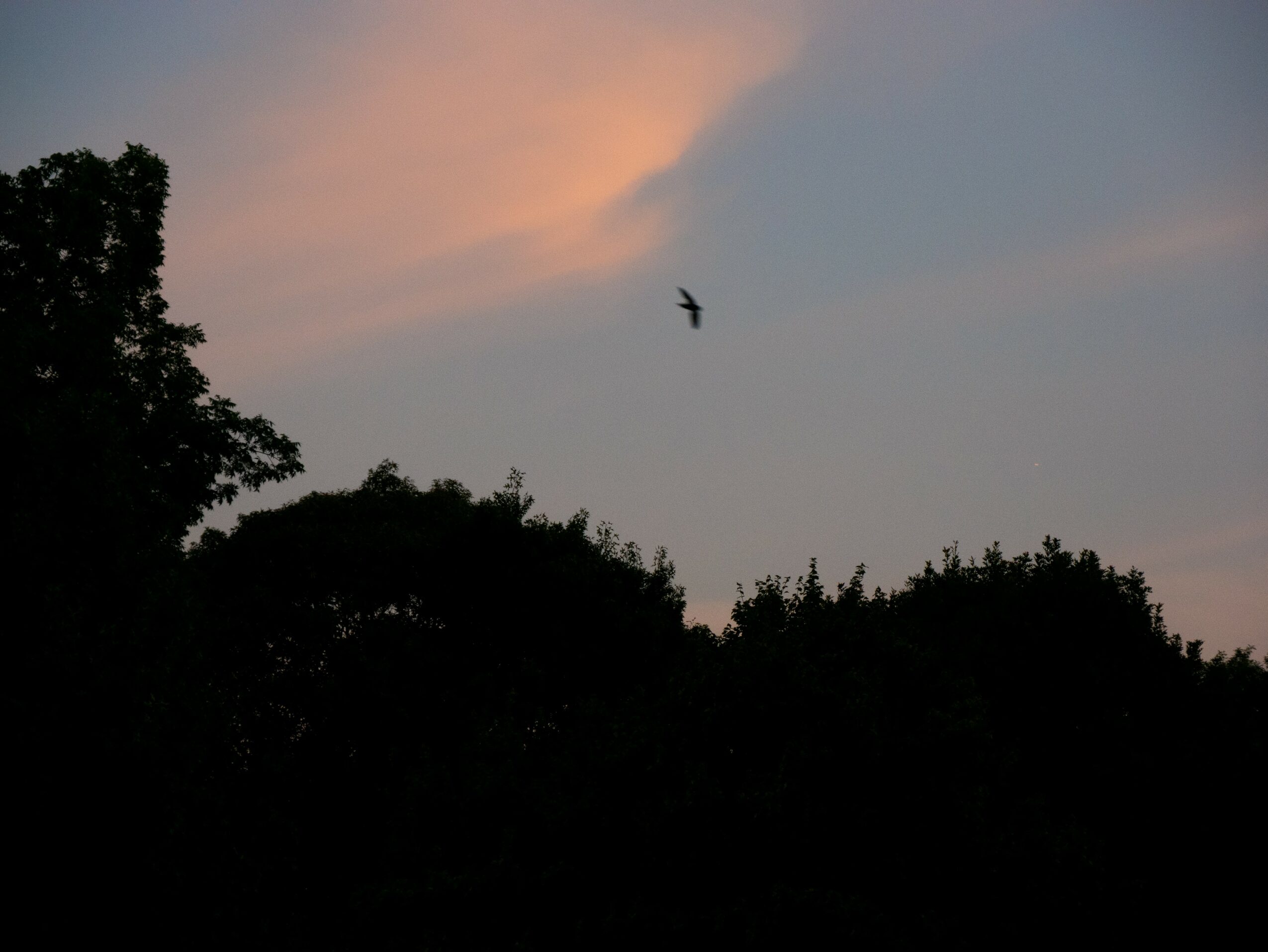

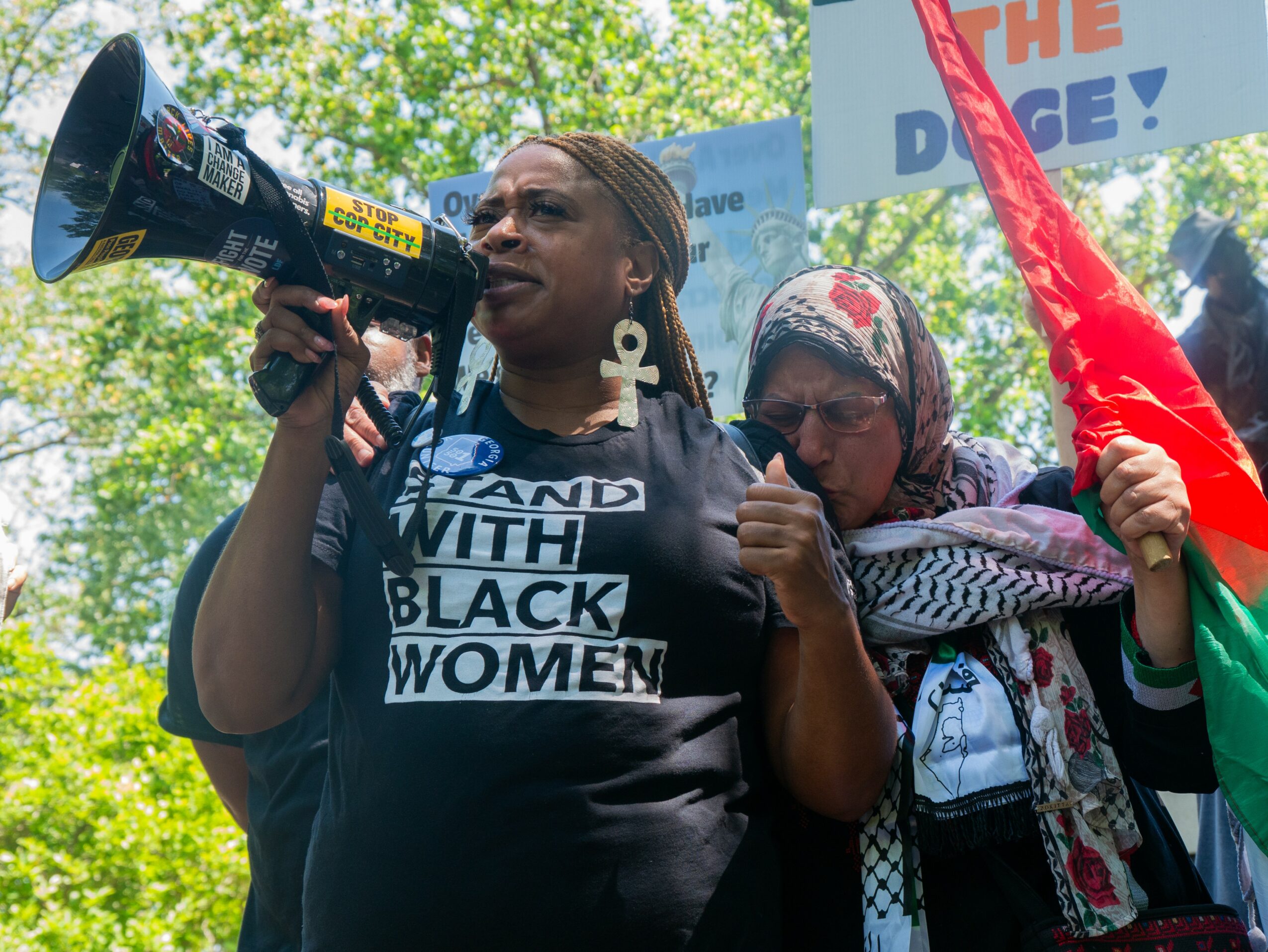

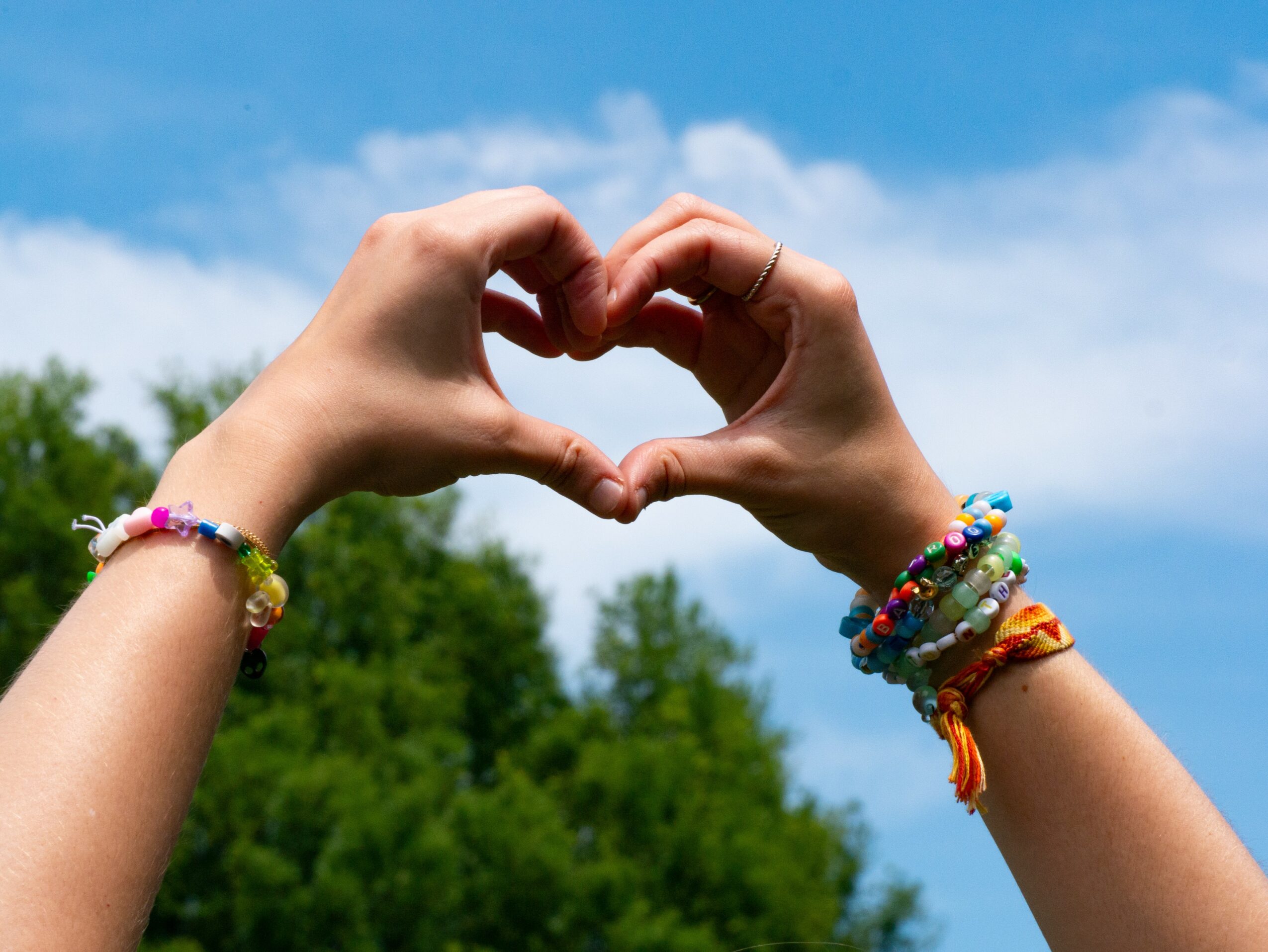
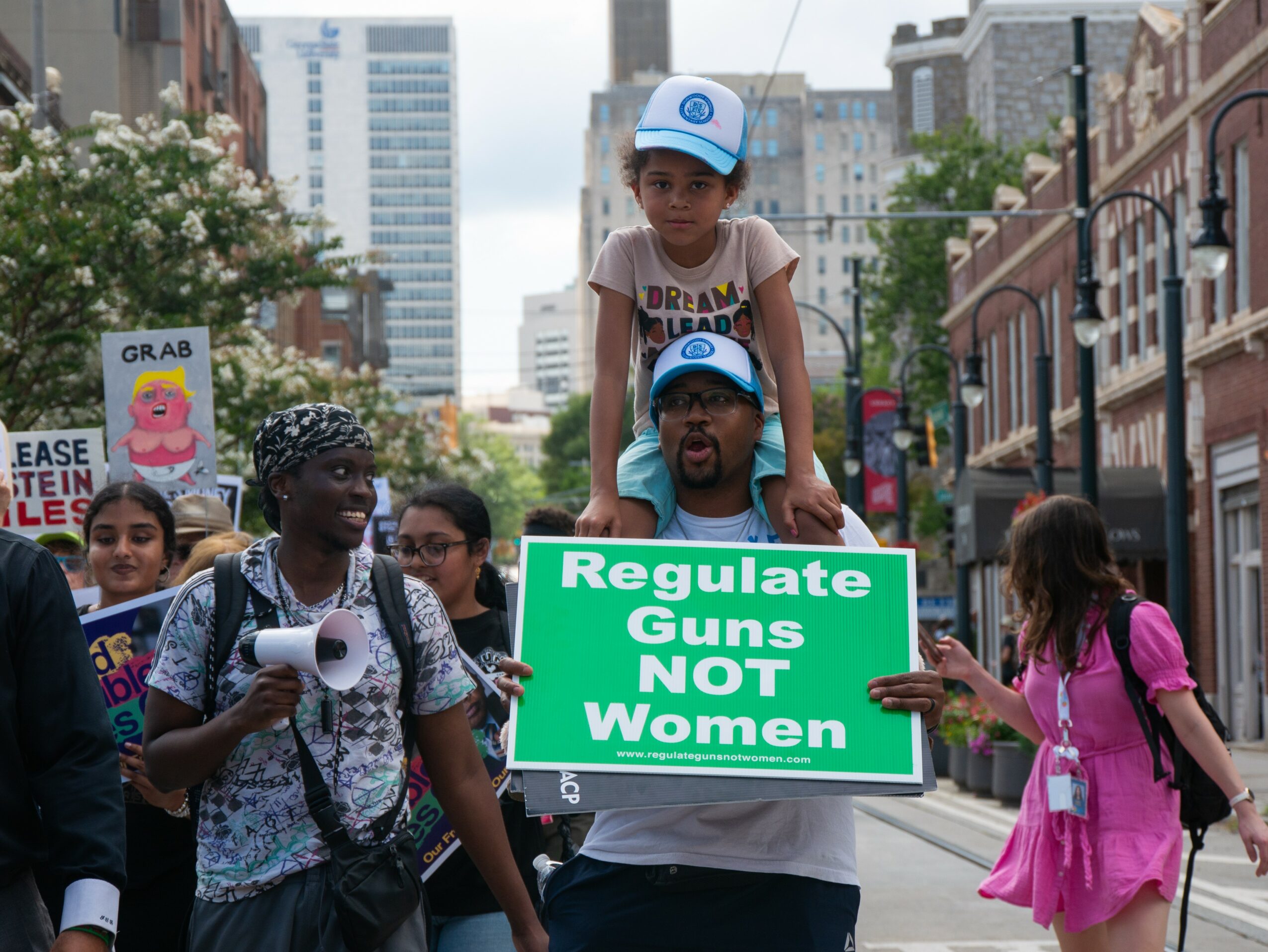
Image Credits
Aharon Weinstein (All Rights Are Mine)













